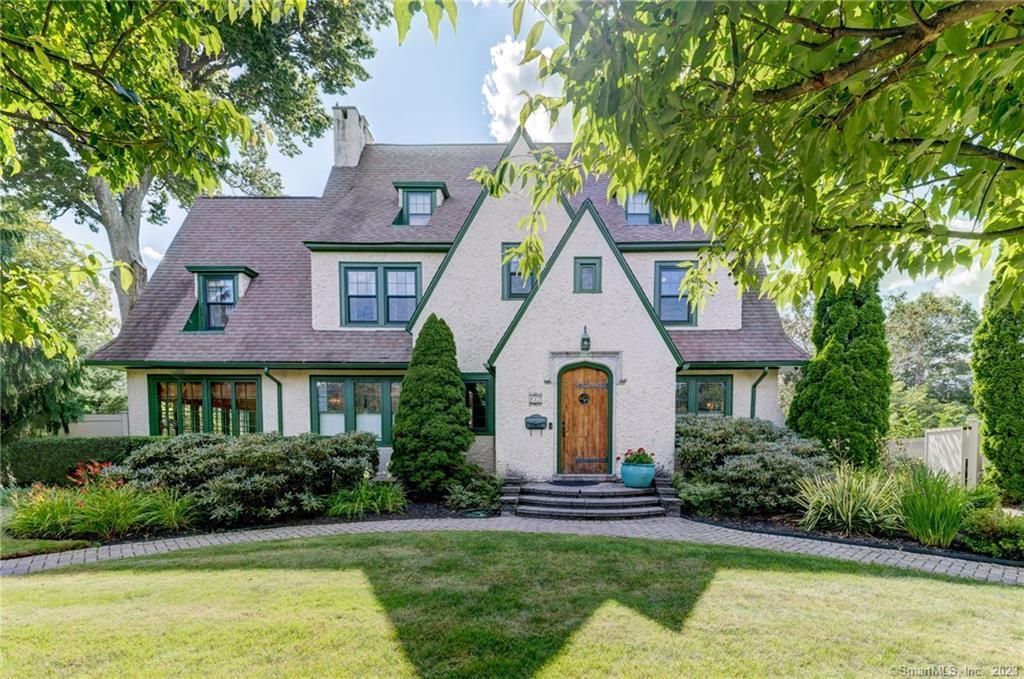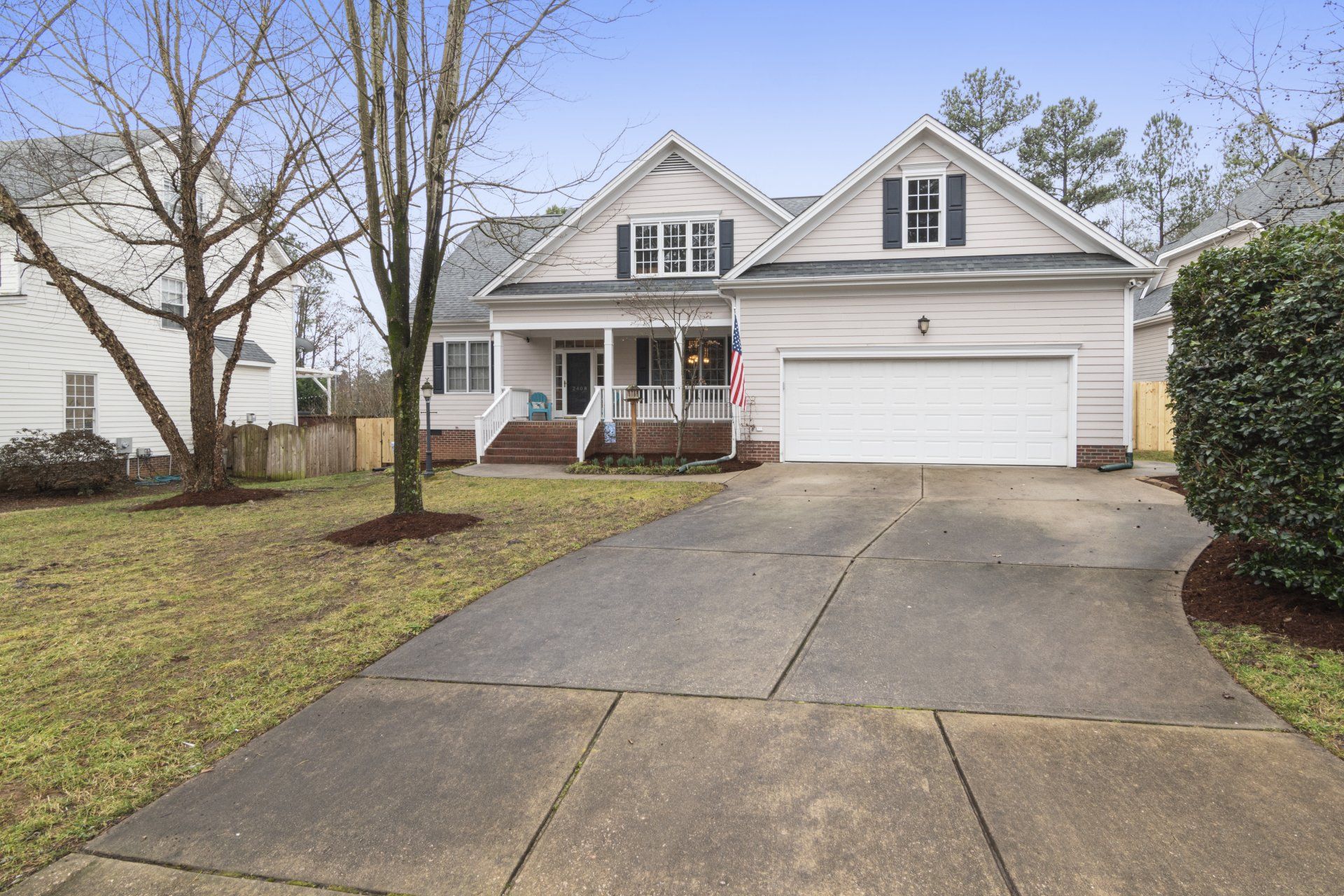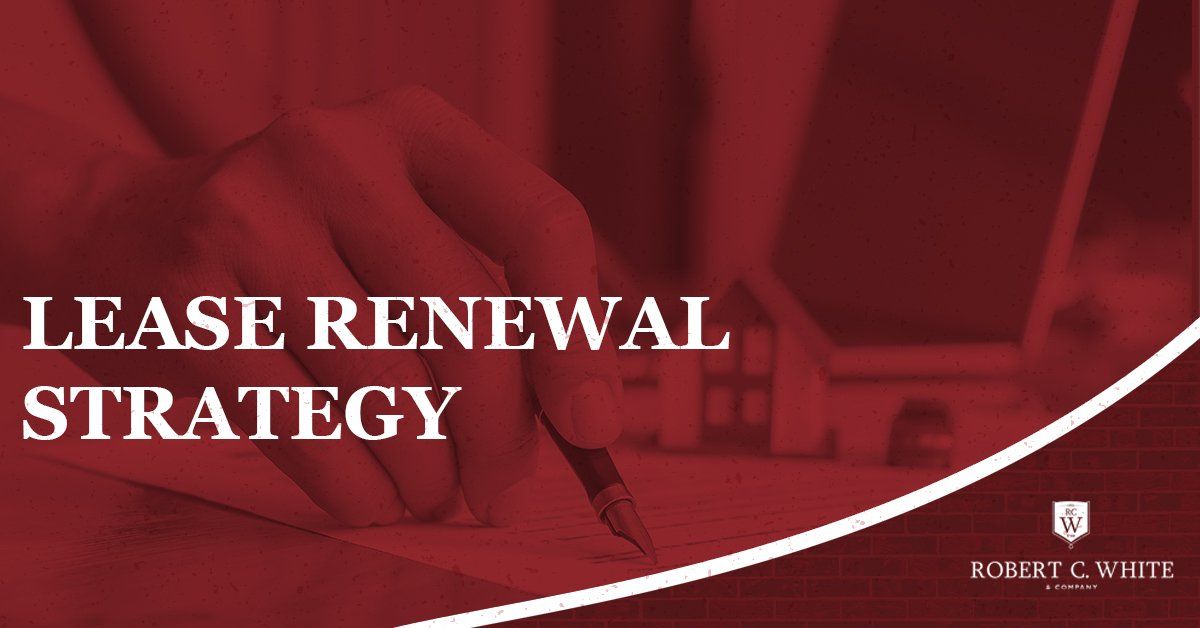What to Look for at Your Rental Property Inspections
What Should Landlords Be Looking For at Inspections?
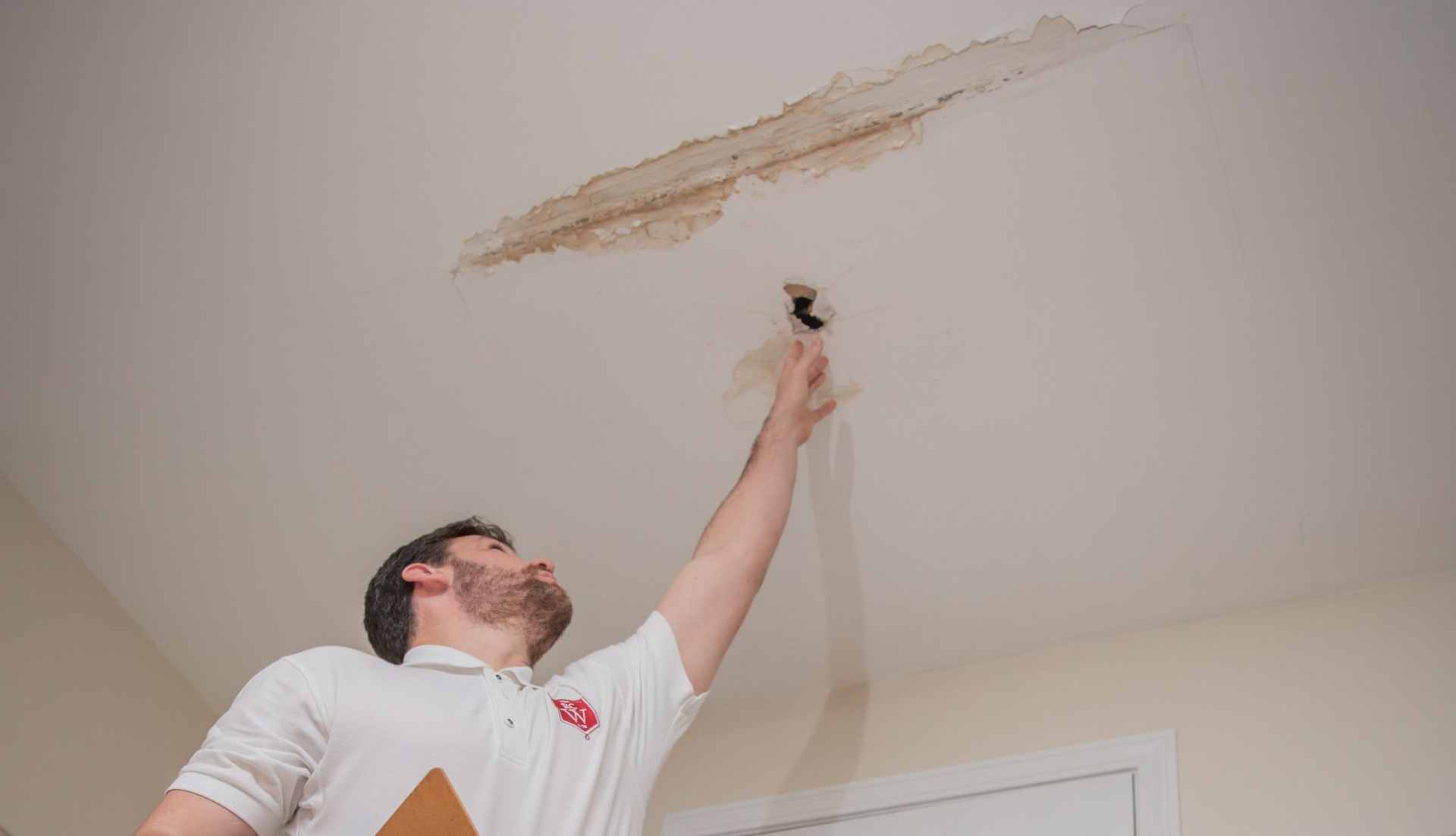
Inspecting a rental property is an important practice for landlords. Typically, they are done at least once during a tenant’s lease period and when tenants move out or in. Their main purpose is to help the landlord determine how much of the security deposit should be returned to the tenant. Inspections can also save the landlord from bigger and more costly long term repairs by allowing them to monitor their property regularly.
Let us tell you more about how and how often to perform rental inspections so you can save yourself that valuable time and money. Plus, we’ll tell you the simplest and most valuable tool landlords can use at move-in and move-out inspections!
What Should I Look for at the Rental Inspection?
All landlords and property managers should have a checklist handy for their rental inspections! It makes sure nothing gets skipped over, and allows you to conduct inspections efficiently to disturb tenants as little as possible. You are looking for signs of any damage done to the property and keeping any eye on items that need to constant maintenance. Here is a sample of the things we look for during an inspection at our managed properties:
- Doors and windows, check seals and locks are operating correctly
- Blinds & shades
- Floor, wall, and ceiling damage
- Appliances not damaged and operating correctly
- Heating and cooling systems running efficiently
- Leaks or interior water damage
- Mold or mildew, pests
- Pet damage
- Smoke detectors, etc. working
- Electrical outlets, lightening, wiring
- Overall condition of the unit
How Often Should I Inspect My Units?
Robert C. White & Company’s professional property managers inspect units upon move-in and move-out and typically once per year with tenants in place. If you have good tenants in your property, this frequency is usually enough to keep yourself informed about any long term maintenance issues and ensure your tenants continue to follow the terms of their lease.
Whether you plan on doing inspections once every six months, once a year, or only with move-ins, it is wise to write them into your lease agreement. Setting expectations is the easiest way to avoid confusion or confrontation with your tenants about inspections in the future.
How Much Notice Should I Give and is there a Limit on Inspections?
This varies from state to state, so landlords outside of Connecticut reading this should talk to their local regulators or legal counsel. Here in CT, there is not technically a limit on the number of inspections that can be performed in a year, but tenants do have a right to “quiet and reasonable enjoyment" of the property. Managers and landlords in this state must give at least 24 hours notice before entering a property to inspect as well.
As mentioned above, it’s a good idea to put specific dates and times of rental inspections in your lease agreement to avoid surprising tenants. It’s also a good idea to explain why a particular inspection may be taking place and communicate clearly in the lead up exactly when and how long you’ll be present for each inspection. Legal action can be taken against landlords that fail to give proper notice, so be sure you’re following local law.
What if a Tenant Prevents an Inspection?
A landlord who has legally requested an inspection of a unit cannot be refused entry. If tenants do refuse entry multiple times, then you may need to get legal counsel involved to advise you at some stage. Inspections protect the landlord and their investment, so make sure you are able to perform them! A tenant who will not allow for simple inspection is often not abiding by terms of the lease anyway.
Video Inspections - The Most Valuable Tool
When a unit is vacant from a tenant just moving out, video documentation is the most valuable tool by far! Property managers and landlords that take detailed video of the rental unit before the tenant moves in and after the tenant moves out have something concrete to point to if damages are ever disputed. If an inspection that occurs after one of your tenants moves out shows that the unit is in considerable disrepair compared to when they moved in, the landlord has more protection with video evidence.
When it comes down to it, your inspections should be:
- Performed regularly
- Performed by giving the tenants proper notice (no surprises)
- Made to disturb the tenant as little as possible
- Documented with a checklist, and even recorded on video when vacant
- Thorough, but not invasive
Good luck next time you go to inspect one of your rental properties! And if you think you may need help from a property manager, you can contact our team here any time -->
Contact Robert C. White & Company or call
860-200-3331.

